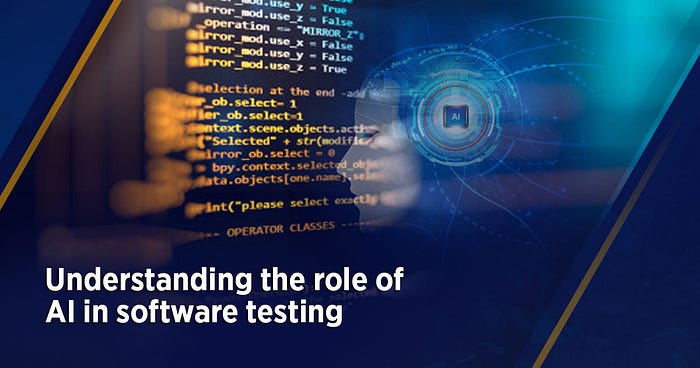Enterprises operating in the digital realm can achieve success if they
ensure their software applications are updated as per the latest trends
and customer preferences. This forces the IT teams to be faster and
agile, and adopt measures to align their work culture to meet the
demands of the business. No wonder they are adopting Agile and DevOps
methodologies to speed up software development and delivery besides
fostering collaboration. Agile and DevOps have quality assurance
embedded in them leading to continuous testing of the code build.
Continuous
testing ensures that any change in code is implemented instantaneously
and effectively. It also places iterative QA across the SDLC thereby
accelerating the build quality. However, continuous testing in the
omnichannel environment can be riddled with issues such as a lack of
visibility of requirements across processes, siloed automation, and a
high volume of tests, among others. To address these issues and drive
quality at speed across the SDLC, it is important to adopt an AI-based
testing approach.
How can AI facilitate continuous testing?
Artificial
Intelligence can remove manual intervention and smoothen the process of
continuous testing. In AI testing, QA teams can initiate the test cycle
to identify and fix bugs based on insights drawn from past events and
historical data sets. AI-driven testing ensures that only a robust code
is moved across the SDLC thereby foregrounding quality as the
centrepiece of software development. Even though the testing activities
are automated in continuous testing, the code needs to be signed off
manually to move across quality gates based on the test results. This
siloed automation can disrupt the flow of code in the SDLC. However,
with AI test automation,
the code checking at quality gates is done automatically and code
progression is managed by analyzing the test results. This makes the
workflow fully automated. By triggering QA processes with artificial
intelligence, the testing teams can achieve the following:
Automation of quality gates: Given
that the AI algorithm can determine the course of code progression
based on historical data, the testing teams can allow/entrust the AI testing services
with facilitating code progression. Conversely, the AI engine can
prevent code progression if it finds a high probability of outage or
disruption to be caused by the presence of bugs.
Identification of root causes: AI-based
testing can analyze the patterns and correlations in a build to
identify the root causes of defects. Thereafter, the AI engine can
orchestrate remedial tests to reduce the margin of errors in the build.
Focus on brand assurance: With
an AI testing framework, test automation is made all-pervasive and
intelligent. This allows the QA teams to glean insights from historical
data, business acumen, and customer inputs, thereby shifting the QA
focus to brand assurance and competitiveness.
Predictive analysis: AI-based testing
can analyze the existing customer data to understand how the user
behavior and needs will evolve in future. These insights will give the
software development and QA teams to come up with suitable features and
functionalities to be ahead of the curve.
API test evaluation: The
performance of a software application depends to a large extent on the
quality of interactions between various modules connected with databases
and servers, among others. By evaluating the performance of the APIs,
the testers can validate if the connection between various modules in
the application is stable. They also check if the requests are processed
accurately and the customers will get the correct outcome post a
specific interaction. Artificial intelligence led testing can analyze
the functionality of the APIs and large volumes of data to detect risks
and create precise test cases.
Scriptless test automation: Even
though test automation has revolutionized the QA process, the writing
of test scripts to automate various test processes can be a challenge.
Besides, the scripts need to be maintained as well for further usage
thereby escalating the cost. However, an AI testing framework can create
test cases automatically leaving the QA specialists to focus on other
areas of software testing. Often developers writing test cases do not
have the time to explore additional possibilities for the test cases.
Consequently, they may end up writing test cases they are familiar with
rather than writing the ones that can generate the least redundant data.
AI-driven testing can run a minimal number of tests to understand the
kind of impact (positive or negative) a code change can entail. With
limited manual intervention, the artificial intelligence led testing can
ensure no redundant data and bottlenecks are there in the application.
Conclusion
Artificial
Intelligence can open up new avenues for testing software applications.
In a day and age where the speed and quality of applications go
hand-in-hand to generate superior user experiences, reduce costs, and
improve profitability, AI-based testing has become an enabler for
enterprises to stay competitive.
Article Source:
https://medium.com/

No comments:
Post a Comment